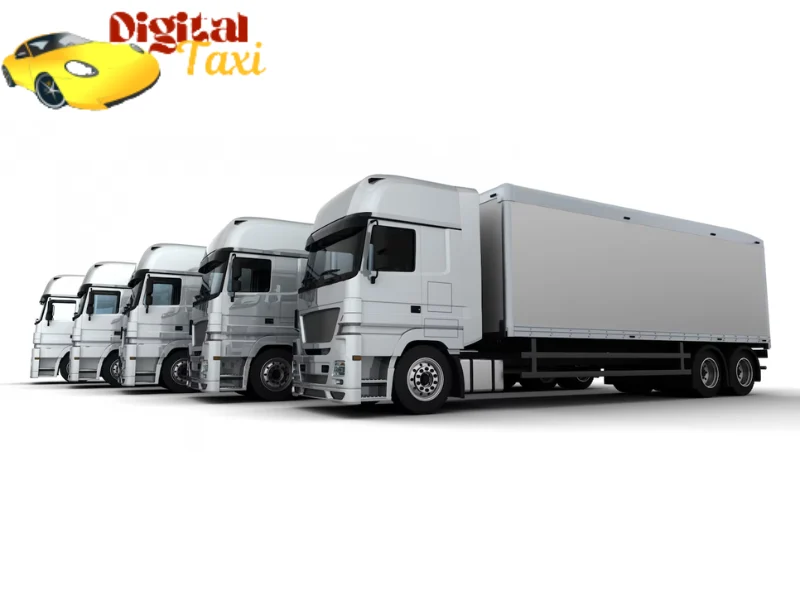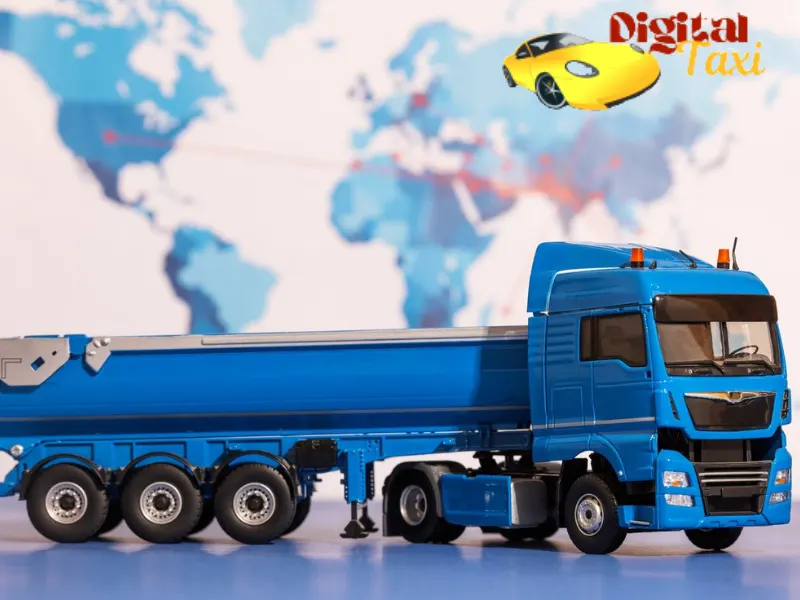Fleet owners and logistics managers are constantly under pressure to reduce operating costs, increase efficiency, and meet environmental standards. One of the biggest decisions in 2025 is choosing the right fuel type for your fleet: Diesel or CNG Trucks (Compressed Natural Gas)?
Both options offer unique benefits, but which one is best suited for your fleet operations in today’s evolving transportation landscape? Let’s explore the differences, advantages, and limitations of diesel and CNG trucks to help you make a smart, future-ready decision.
What’s the Difference Between Diesel and CNG Trucks?
- Diesel Trucks: Powered by diesel fuel, these vehicles are known for high torque, better fuel economy (per gallon), and superior performance under heavy loads.
- CNG Trucks: These use compressed natural gas, a cleaner and often cheaper alternative. CNG is stored at high pressure and is gaining traction for eco-conscious and cost-focused fleet operators.
Diesel Trucks: Reliable and Powerful
✅ Advantages:
- Strong Performance: Diesel engines deliver high torque, making them ideal for long hauls and heavy cargo.
- Fuel Efficiency: Diesel engines typically provide better mileage than gasoline counterparts.
- Established Infrastructure: Diesel fueling stations and repair services are easily available nationwide.
❌ Challenges:
- Higher Emissions: Despite modern emission-control technologies, diesel still emits more CO₂ and particulates compared to CNG.
- Rising Fuel Costs: Diesel prices fluctuate and are generally higher than CNG.
- Maintenance Needs: Diesel engines require more maintenance, including DPF regeneration and DEF fluid refills.
CNG Trucks: Clean, Green & Cost-Effective
✅ Advantages:
- Lower Fuel Costs: CNG is significantly cheaper than diesel in many regions, offering long-term savings.
- Eco-Friendly: CNG produces up to 30% fewer greenhouse gas emissions and almost no particulate matter.
- Less Engine Wear: CNG burns cleaner, reducing engine deposits and extending engine life.
❌ Challenges:
- Limited Refueling Stations: CNG infrastructure is still developing, with fewer stations compared to diesel.
- Lower Range: CNG has a lower energy density, which can reduce the truck’s range unless equipped with large or multiple tanks.
- Higher Upfront Cost: Initial investment in CNG vehicles and storage systems is higher.

Key Comparison: Diesel vs. CNG in 2025
| Feature | Diesel Trucks | CNG Trucks |
|---|---|---|
| Fuel Cost | Higher | Lower |
| Emissions | Higher CO₂ and particulates | Cleaner and greener |
| Performance | Excellent for heavy-duty loads | Best for urban/light to medium loads |
| Infrastructure | Well-established | Growing, but limited |
| Initial Vehicle Cost | Lower | Higher |
| Maintenance | Frequent & complex | Less frequent, simpler |
What’s Changing in 2025?
With governments pushing for sustainability and offering incentives for clean fuel adoption, CNG is becoming more attractive. Fleets that operate in metro cities or short-haul routes are rapidly switching to CNG to reduce costs and emissions.
However, diesel trucks still dominate long-haul logistics, where performance, range, and refueling flexibility matter most. Innovations in diesel engine tech are also helping reduce their environmental impact.
Which One Should You Choose?
Here’s a quick guide based on your fleet’s needs:
- Choose Diesel If:
- You operate in rural or cross-country routes.
- Your fleet carries heavy loads regularly.
- You need maximum power and torque.
- Choose CNG If:
- Your fleet runs in cities or fixed, short-range routes.
- Reducing fuel costs and emissions is a priority.
- You have access to CNG infrastructure or plan to invest in one.
Final Thoughts
There’s no one-size-fits-all answer in 2025. The best choice between diesel and CNG trucks depends on your fleet size, route type, operational goals, and sustainability commitments. Many businesses are now opting for hybrid fleets, combining both diesel and CNG vehicles to optimize performance and cost-efficiency.



